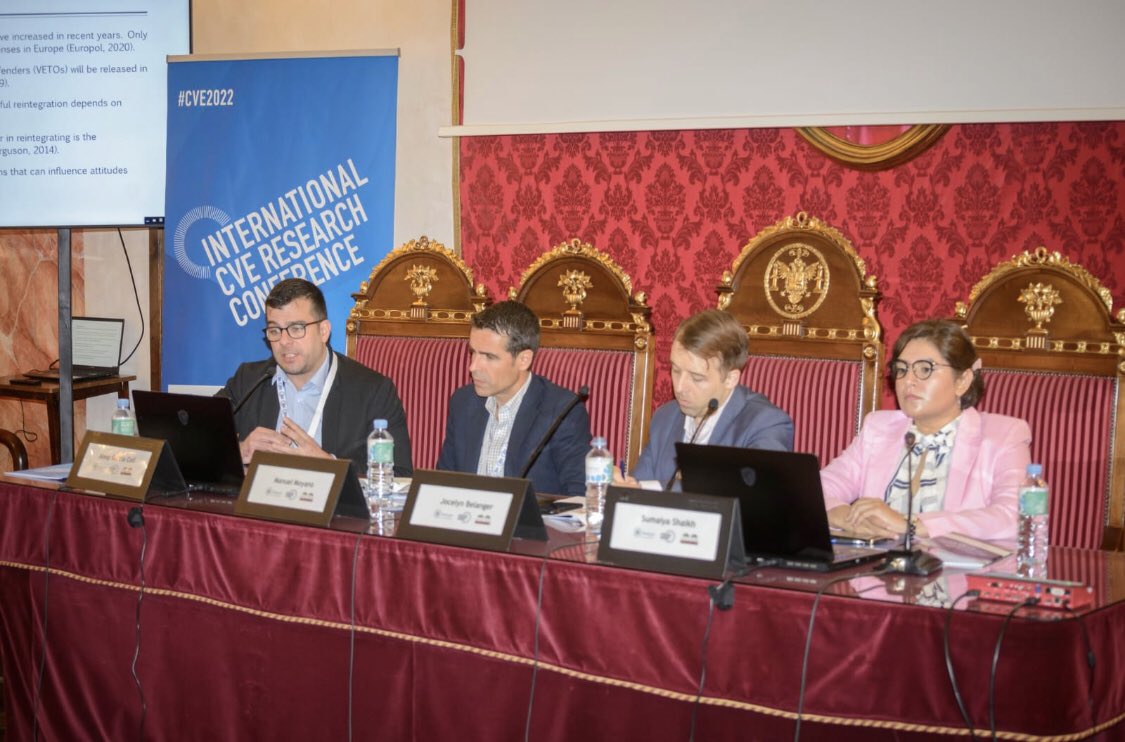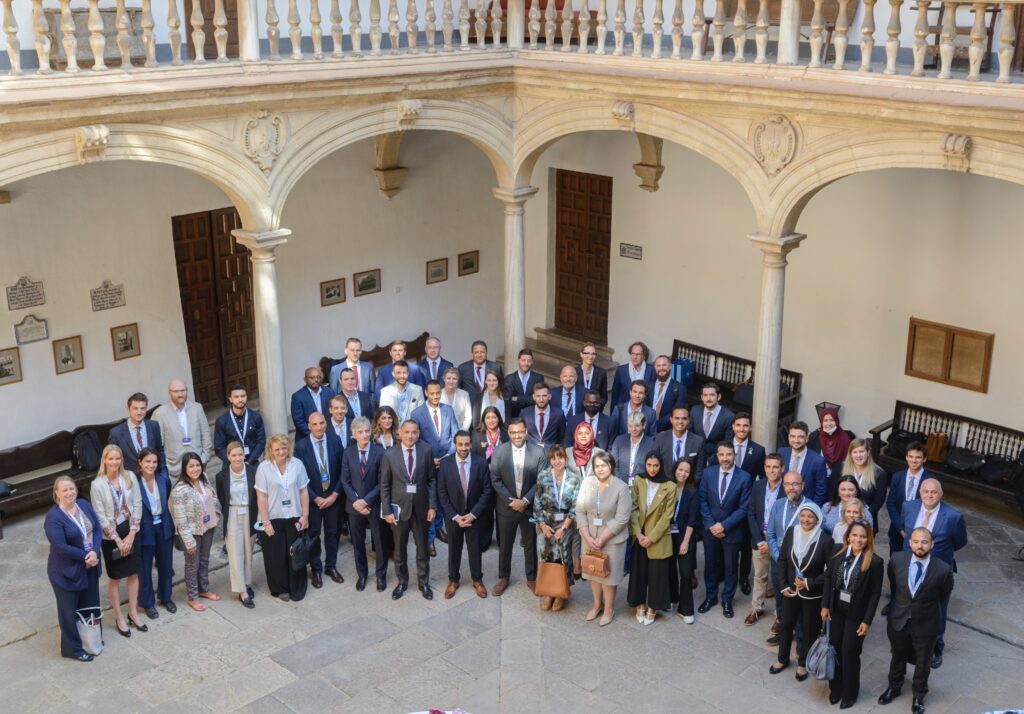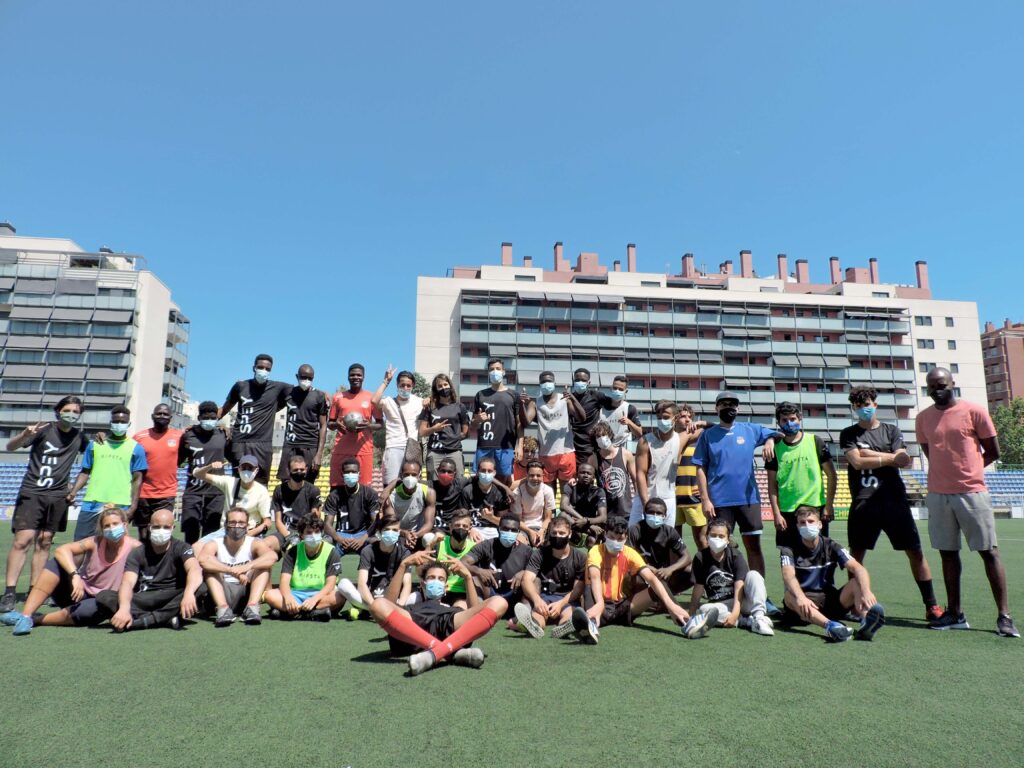
Manuel Moyano, scientific director of the SPEY project (Sport for the Prevention of Extremism in Youth) presented this Thursday, May 26yh, the results of the program at the International Research Conference on Violent Extremism, one of the most relevant in the world. The session was organized by Hedayah, an organization that works to prevent and counter violent extremism through innovative and evidence-based programs, strategic communications and top-level research.
Moyano detailed the main conclusions of the SPEY project, and showed how sport is an important factor in protection against extremist behavior. In addition, the researcher also listed the main risk factors in the radicalization of youth, and different methods to prevent extremism through sport.

With the presence of authorities from different countries and experts in different fields of radicalization, issues such as the effects of climate change on violent extremism have also been addressed; the influence of the Internet and new technologies on the radicalization of youth or the involvement of the Covid-19 crisis in this whole movement. You can check out the full program here.
SPEY, a project to prevent the radicalization of youth
The SPEY project, led by UFEC and co-funded by the European Commission, combines the practice of sport and the learning of transversal skills with the aim of minimizing the risk factors involved in the process of radicalization in youth.
Given that youth at risk of exclusion are a vulnerable group and may become permeable to certain hate speech and extremist ideologies, SPEY seeks to improve the integration channels and support network of this community, giving them new resources and more constructive and positive tools, so that they can choose new vital opportunities.

Led by renowned academics, SPEY also wants to provide the project with tools capable of measuring the effectiveness of programs aimed at preventing extremism through sport. SPEY has the support of 7 countries and 10 ‘partners’, including the Swedish Sports Confederation, the Union of Federations of Latvia, the International Council of Sport and Physical Education of Germany, the City Council of Gondomar in Portugal, the Greek Ministry of Culture and Sport, the French think tank Sport and Citizenship, SNAFU and the University of Córdoba.